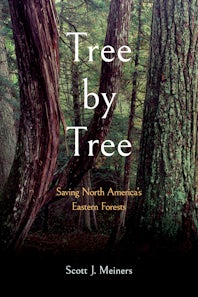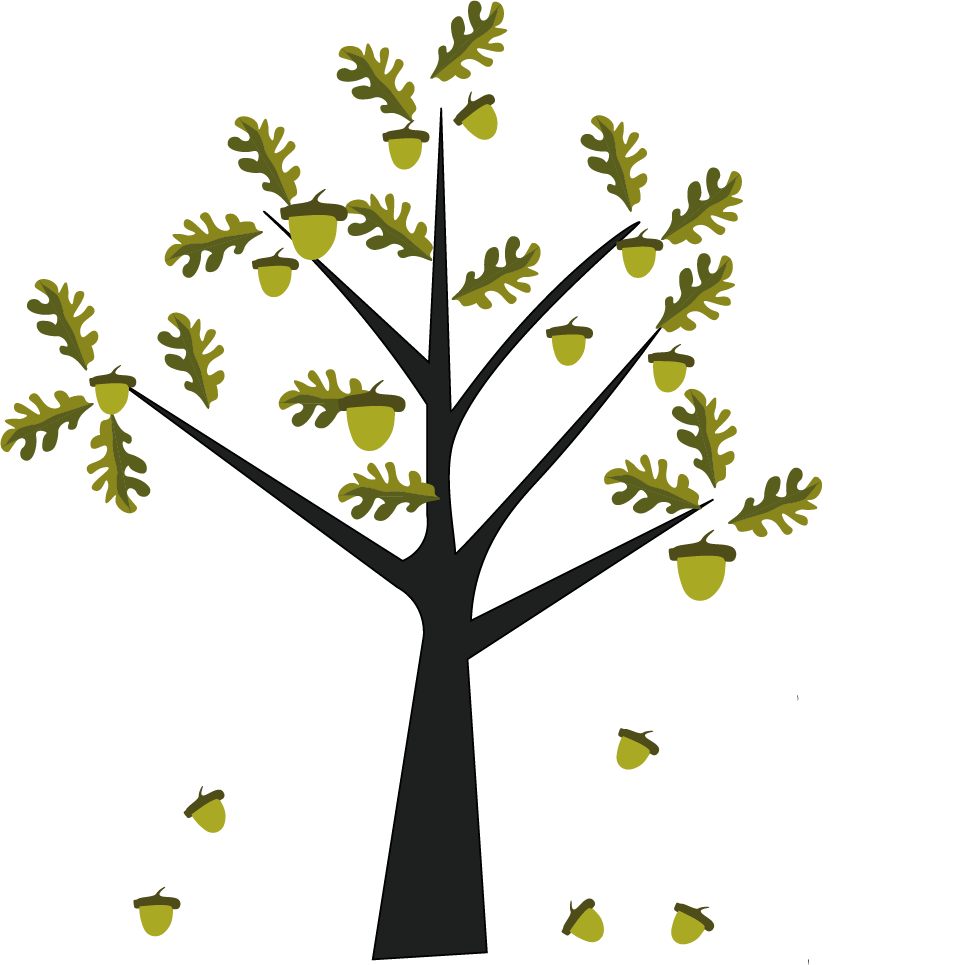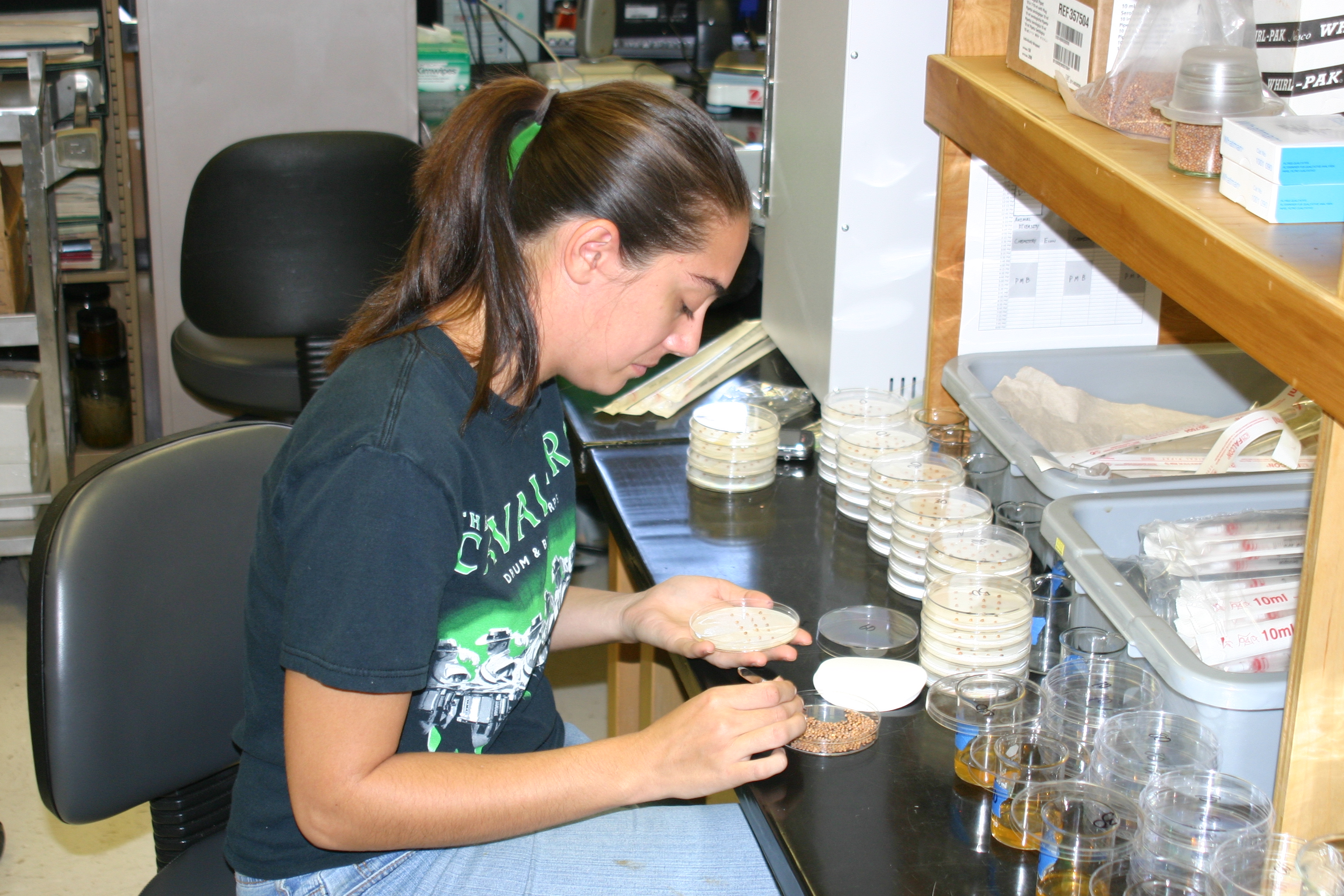Research Focus
 My research interests generally revolve around factors that influence the dynamics and regeneration of plant communities, though I am interested in a wide variety of topics in community ecology . Most of my research has been conducted in abandoned agricultural land. While not the most exotic of research sites, the abundance of these areas makes it an important part of our modern landscape. By understanding factors that influence the dynamics of vegetation change in these areas, we may be able to improve land management strategies.
My research interests generally revolve around factors that influence the dynamics and regeneration of plant communities, though I am interested in a wide variety of topics in community ecology . Most of my research has been conducted in abandoned agricultural land. While not the most exotic of research sites, the abundance of these areas makes it an important part of our modern landscape. By understanding factors that influence the dynamics of vegetation change in these areas, we may be able to improve land management strategies.
My core research has expanded to include investigating chestnuts and hazelnuts as sustainable crops for Central Illinois, the ecology of riverine fish communities, and mechanisms of root commnuication..
I use a variety of experimental, observational and statistical techniques to address these research topics. I have summarized a few current research themes in this website. If you are interested in getting involved in undergraduate research or in the graduate program at Eastern, and think that you would like to work with me, please contact me.
Visit My Current Research Themes Here-
The Lab
Research groups composed of undergraduate and graduate (MS) students work on a broad range of topics at any given time. As a part of student training, it is my firm belief that it is essential for students to design and develop their own research program.
Read More -
Publications
Topics include the Buell-Small Succession Study (BSS), Invasion Biology, Plant-microbe Interactions, and Sustainable Agriculture.
Selected Publications
-

Teaching
Frequently taught courses:
This introductory course leads students though the primary approaches of statistical analysis, specifically focusing on applications in biology. Rather than doing all calculations by hand, we use the software package R to run most analyses. This class is for both undergraduate majors and graduate students who have not had or need a refresher in statistical analysis.
This class focuses on the interactions of plants with their environment and other organisms. Primary focus is on terrestrial systems, but not exclusively. The class is centered on a large, open ended research project designed to introduce the class to the essentials of designing and implementing a research project. The projects do not always work out, but a few have resulted in a publication. Open to graduate and undergraduate students.
This graduate course is a survey of statistical methods that are commonly employed (or should be) in the biological sciences. The focus is on the utility and application of each technique, not the mathematics behind them. All analyses are done in the software package R. The capstone experience in this class is the development of a research project that uses statistics to address an issue of the student’s choosing. From this project, the student produces a poster to share with the class and a term paper.
This is a lecture based graduate course that examines the conceptual background of how plant, microbial, and animal communities function. The class includes weekly paper discussions and the capstone project is the production of a research proposal that allows a student to pursue their individual interests (taxonomic or conceptual). The last weeks of the class are reserved for presentations on this project.












